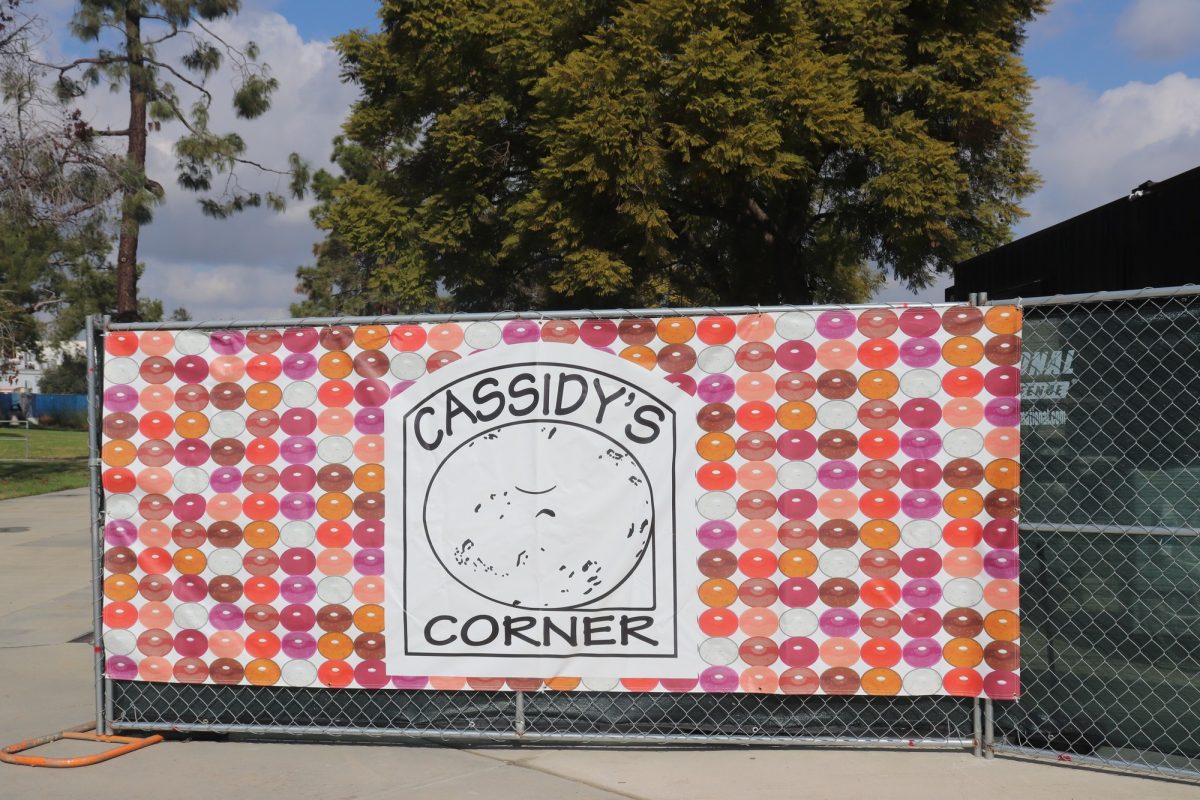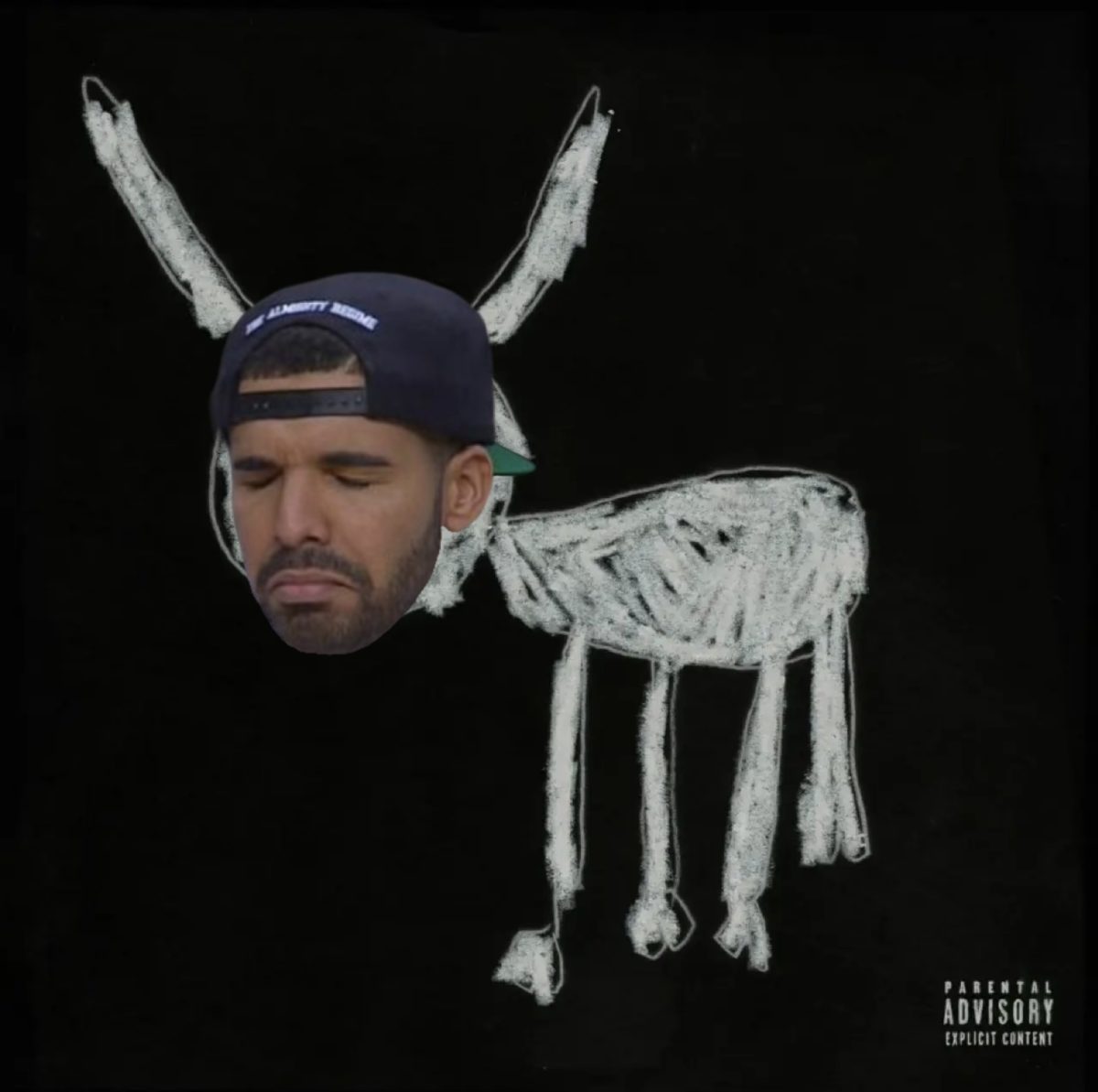Producer and rapper Mac Miller, 26, was found dead on Sept. 7 from an apparent drug overdose in his San Fernando home in Studio City, CA.
Although, in the past few years he had dealt with many conflicting situations such as drug abuse and depression, he continued to be an open-minded individual who did not like to stay behind closed doors.
Earnestness is what marked the beginning of Miller’s career.
Miller was born as Malcolm McCormick, raised by his photographer mother and architect father in Pittsburgh.
Miller’s love for music began with piano lessons, as well as his self-taught experience with drums and the guitar.
By the age of 14, Miller encountered street rap battles pushing his passion for rap to the extent of actual pursuit because as a young white kid, many individuals gave him a hard time.
However, some spoke rapturously of Miller’s admiration for hip-hop legends such as Tribe Called Quest and Big L.
With his wide imagination and creativity, his first mix tapes proved to be a development of lyrical invention from his perspective.
After a few viral hits in 2010, he was immediately signed to a four-year contract with Rostrum Records.
When he released his first mix tape, “K.I.D.S.,” under the label, it received much recognition.
However, Miller outgrew the juvenile stage of the frat-rap subgenre and that did not last.
He expanded his lyrical reserve and his producer perspective, as well as sharpening his technical skills in order to secure his platform in the music industry.
By 2013, his musical point of view shared a more melodic flow which intentionally pushed its way into his lucid ideas.
Miller began working with well-known artists such as Vince Staples and his album “Stolen Youth.”
He also worked with his generation’s most gifted rappers and musicians Anderson Paak, Earl Sweatshirt and Thundercat.
As generative as it was, his creative process was draining at the same time. Miller didn’t always come together after writing of his addiction, anxieties and his presages of death.
But, he did make sure to speak up about the advantages of using music as therapy since he was continuing to work through his troubles.
He continued to have a heart and mind of a child from being known to grant interview requests to cub reporters with fake press passes, to just surrounding himself with genuine concern and friendliness.
Mac Miller wasn’t any other artist that can be forgotten because he tried to keep his plate underhand while entertaining his audience. He impacted those whether old or young with his individuality and that’s what makes him important and diverse.






















